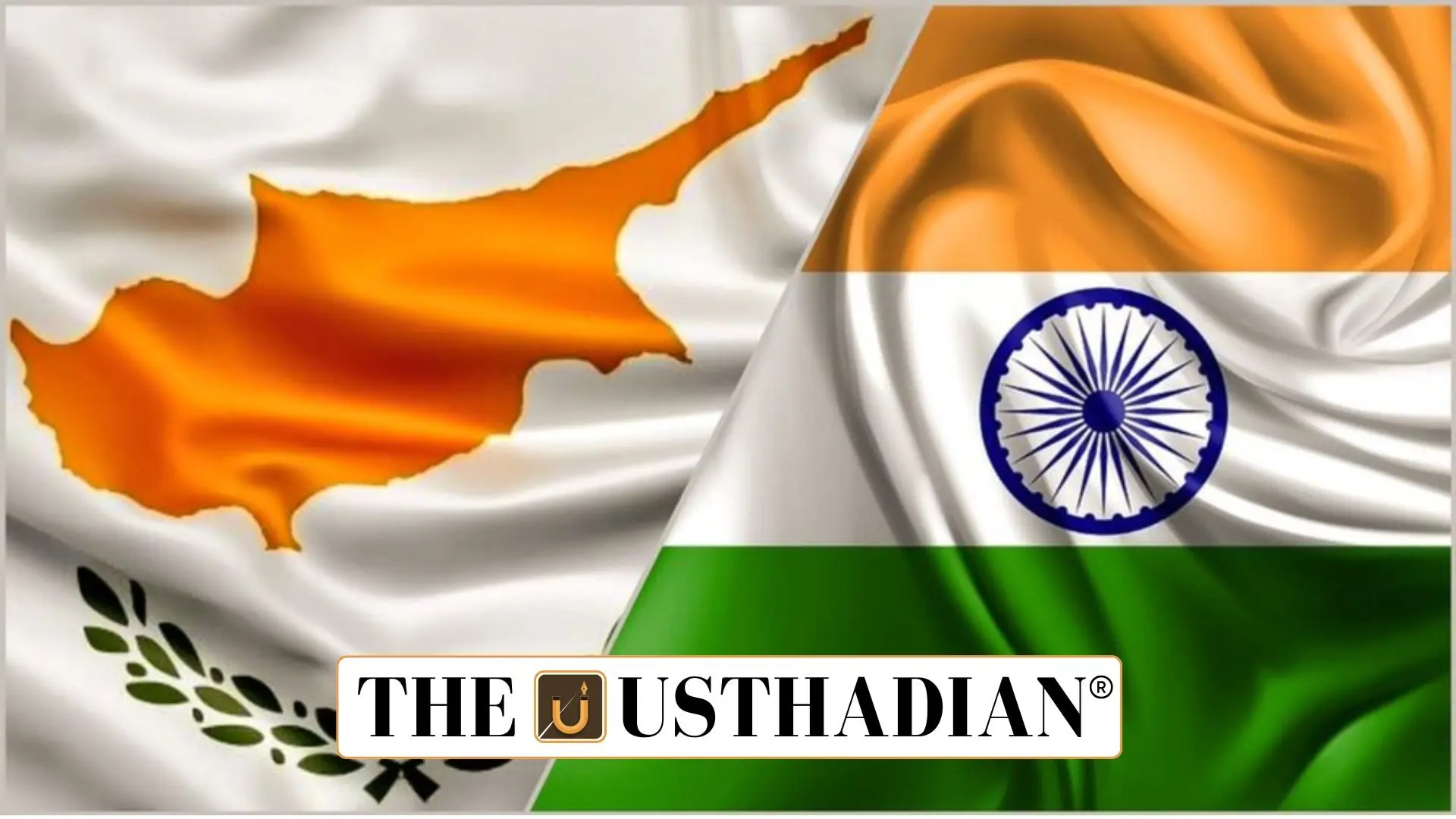India’s renewed Cyprus outreach
Prime Minister’s Visit to Cyprus and India’s Strategic Moves at SCO: After a 23-year gap, the Prime Minister of India visited Cyprus, marking a key diplomatic moment. This visit reflects India’s interest in strengthening partnerships beyond its immediate neighborhood, especially in the Eastern Mediterranean. India and Cyprus share longstanding cultural and economic ties, and this visit is likely to encourage strategic cooperation in sectors like shipping, education, and defence.
SCO meeting ends without consensus
India declined to sign the joint statement at the SCO Defence Ministers’ Meeting, causing the session to close without a unified declaration. As per SCO rules, unanimous agreement is required, and India’s stand effectively prevented a consensus. This move shows India’s firm position on matters that conflict with its strategic interests, especially where the China-Pakistan nexus or cross-border terrorism is concerned.
India’s values and vision at SCO
India’s Defence Minister emphasized the guiding principle of ‘One Earth, One Family, One Future’, which aligns with the Indian civilizational idea of ‘Vasudhaiva Kutumbakam’. This phrase embodies the belief that the whole world is one family—a key message India has been promoting on global platforms. He also underlined that the SCO represents 30% of the global GDP and nearly 40% of the world’s population, making it a vital regional bloc.
Strategic interests within SCO
India continues to see the Shanghai Cooperation Organisation (SCO) as a platform to promote regional stability and economic integration:
Fostering security and innovation
The Regional Anti-Terrorist Structure (RATS) can help coordinate counter-terrorism efforts. At the same time, India has pushed for innovation through platforms like the SCO Young Scientists Conclave and a proposed Special Working Group on Startups.
Improving connectivity and trade
India promotes the International North-South Transport Corridor (INSTC), which enhances regional trade and counters China’s Belt and Road Initiative (BRI). There’s also increasing talk within the SCO about trading in national currencies, which could lessen dependency on the dollar and challenge Western-led economic systems.
Rare Earth Elements and the China connection
The issue of Rare Earth Elements (REEs) has brought another layer of complexity. China controls over 90% of the global REE processing and has introduced export restrictions. This affects India directly, as it depends heavily on imports for these critical minerals.
What are REEs?
REEs include 17 key elements, crucial for defence, aerospace, energy, and high-tech electronics like mobile phones and radar systems. Although India has around 7 million metric tons of REE reserves (5th largest globally), its processing capacity is limited.
India’s response
To reduce dependency, the National Critical Mineral Mission (NCMM) was launched in 2025. This initiative aims to boost domestic exploration and secure India’s supply chain for critical minerals, especially amid China’s export controls.
SCO structure and founding
The SCO, formed in 2001 from the Shanghai Five, now includes 10 member countries, such as India, China, Russia, Iran, and Pakistan. Its principles, known as the Shanghai Spirit, emphasize mutual trust, respect, equality, and common development. India’s participation continues to shape its regional standing, even as it navigates diplomatic hurdles.
Static Usthadian Current Affairs Table
| Topic | Details |
| Prime Minister’s Cyprus Visit | First in 23 years, strengthening Mediterranean ties |
| SCO Formation Year | 2001 |
| SCO Member Countries | 10 (including India, China, Russia, Iran, Pakistan) |
| Global GDP Share of SCO | 30% |
| Global Population in SCO | 40% |
| India’s REE Rank | 5th largest reserve globally |
| Key Indian Mission | National Critical Mineral Mission (2025) |
| Innovation Efforts at SCO | Young Scientists Conclave, Startup Working Group |
| INSTC | Connectivity route supported by SCO |
| Shanghai Spirit Values | Trust, equality, mutual benefit, consultation |








